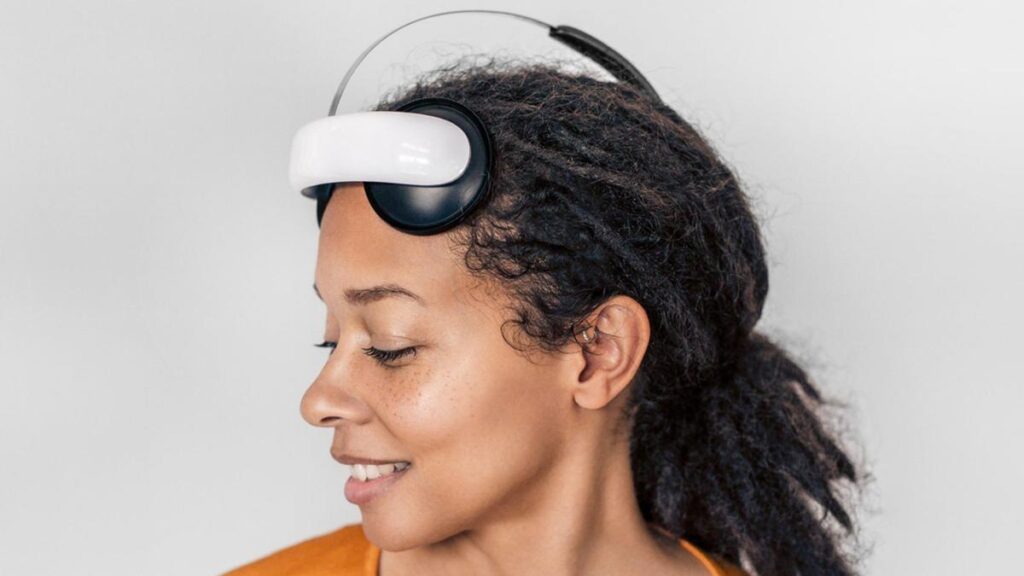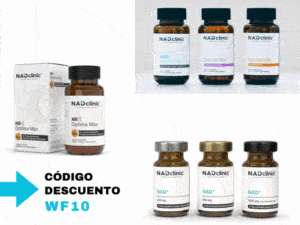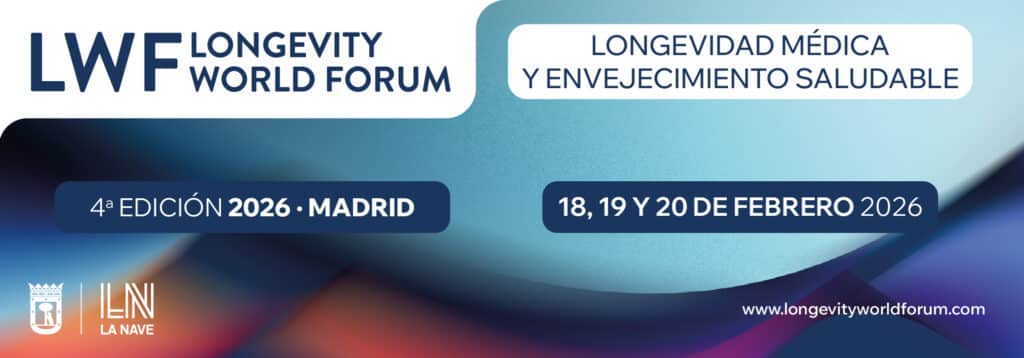Several European health systems are evaluating the expansion of pilot suicide prevention programmes using non-invasive brain stimulation devices, after seeing very promising results in the UK with the Flow Neuroscience helmet, developed in Sweden.
The device uses Transcranial Direct Current Stimulation (tDCS)a technique that applies a mild electrical current to the dorsolateral prefrontal cortex, the brain region affected in depression. This stimulation helps to restore the natural electrical communication between neurons, which has a positive impact on mood, motivation and sleep.
The most recent clinical trials, conducted under randomised, placebo-controlled protocols, have shown significant improvements after ten weeks of use. Patients experienced measurable benefits in multiple areas: reduced anxiety, improved sleep quality, increased concentration and a decrease in suicidal thoughts. In addition, evidence accumulated over more than twenty years confirms the absence of serious side effects.
In the British case, the Leicestershire Partnership NHS Trust (LPT) was a pioneer in integrating this device into its mental health crisis unit, where more than 160 patients participated in a pilot programme. The results were overwhelming: suicidal thoughts were reduced by one-third in just three weeks and by two-thirds after ten weeks.
The success of the UK model has attracted the interest of European healthcare systems. Countries such as Sweden, Denmark, Germany and Spain already have suppliers of neuromodulation devices certified for clinical use, including:
- Flow Neuroscience (Sweden)specialising in digitally supported home solutions.
- neuroCare Group (Germany and the Netherlands)which offers integrated brain stimulation technologies and neurofeedback-based therapies.
- Soterix Medical Europe (with presence in Spain and Germany)focusing on advanced tDCS equipment for hospital and research use.

In Spain, several private clinics and research centres have begun to explore tDCS as an alternative for drug-resistant patients, although it is not yet funded by the public system. As in the UK, many of these initiatives rely on support from foundations, patient associations and private donations.
Dr Mark McConnochie, a consultant psychiatrist for the NHS in Leicester, stresses that this technology could become a key tool for those who find no response from medication:
"The possibility of offering an effective treatment, without relevant adverse effects, opens a path of hope for many patients who have exhausted their therapeutic options.
As depression and anxiety become entrenched as the main causes of main causes of sick leave and hospitalisation in young people in Europeexperts agree that the integration of technology in mental health can make a difference. Initiatives such as these not only represent a medical breakthrough, but also respond to the urgency of strengthening health systems with innovative, accessible and sustainable treatments.






